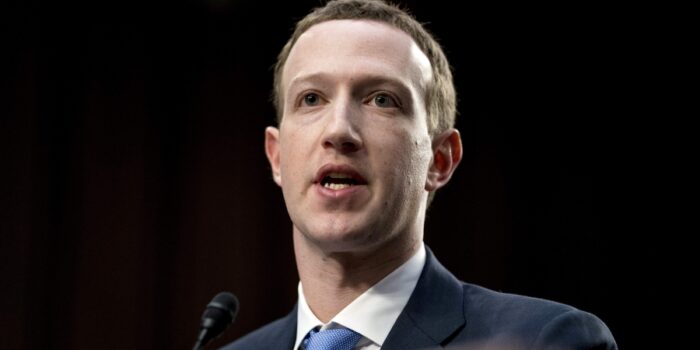Facebook said it will shut down its face-recognition system and delete the faceprints of more than 1 billion people amid growing concerns about the technology and its misuse by governments, police and others.
“This change will represent one of the largest shifts in facial recognition usage in the technology’s history,” Jerome Pesenti, vice president of artificial intelligence for Facebook’s new parent company, Meta, wrote in a blog post on Tuesday. He said the company was trying to weigh the positive use cases for the technology “against growing societal concerns, especially as regulators have yet to provide clear rules.”
The company in the coming weeks will delete “more than a billion people’s individual facial recognition templates,” he said. Facebook’s about-face follows a busy few weeks. On Thursday it announced its new name Meta for Facebook the company, but not the social network. The change, it said, will help it focus on building technology for what it envisions as the next iteration of the internet the “metaverse.”
The company is also facing perhaps its biggest public relations crisis to date after leaked documents from whistleblower Frances Haugen showed that it has known about the harms its products cause and often did little or nothing to mitigate them. More than a third of Facebook’s daily active users have opted in to have their faces recognized by the social network’s system.
That’s about 640 million people. Facebook introduced facial recognition more than a decade ago but gradually made it easier to opt out of the feature as it faced scrutiny from courts and regulators. Facebook in 2019 stopped automatically recognizing people in photos and suggesting people “tag” them, and instead of making that the default, asked users to choose if they wanted to use its facial recognition feature.
Facebook’s decision to shut down its system “is a good example of trying to make product decisions that are good for the user and the company,” said Kristen Martin, a professor of technology ethics at the University of Notre Dame. She added that the move also demonstrates the power of public and regulatory pressure, since the face recognition system has been the subject of harsh criticism for over a decade.
Meta Platforms Inc., Facebook’s parent company, appears to be looking at new forms of identifying people. Pesenti said Tuesday’s announcement involves a “company-wide move away from this kind of broad identification, and toward narrower forms of personal authentication.”
Also Read: Moments Before Puneeth Rajkumar’s Death: Here is Last Video of Appu, Watch CCTV Footage
“Facial recognition can be particularly valuable when the technology operates privately on a person’s own devices,” he wrote. “This method of on-device facial recognition, requiring no communication of face data with an external server, is most commonly deployed today in the systems used to unlock smartphones.”
Also Read: Heavy to Very heavy rainfall in these 5 states for next 2 days


Comments are closed.